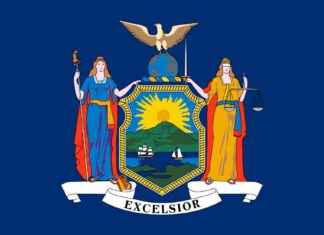Bartolomé Beltrán died this Saturday at the age of 74 at the Ruber Clinic in Madrid. The man who was president of the Real Club Deportivo Mallorca from 1995 to 1998, has died due to kidney failure, as reported by Atresmedia, a communication group with which he also worked. The doctor, born in Campanet (Mallorca) in 1949, rose to fame for his regular interventions in the media.
The doctor graduated in Medicine from the University of Valladolid and became a specialist in toco-gynecology from the Faculty of Medicine (Complutense University of Madrid). In addition, he was also a member of the Department of Gynecology at the Hospital Central de la Defensa Gómez Ulla in Madrid, and a member of the Spanish Gynecological Society and the International Federation of Gynecology and Obstetrics (FIGO). He was also head of the Social Security surgical team in Gynecology. A resume that would become more recognized after his collaboration with various television programs.
As for his television side, Beltrán was part of the founding team of Antena 3. The doctor launched formats such as Viva la salud, Viva la vida or In good hands. On the other hand, he was also the director of Prevention and Medical Services at Atresmedia. His last work on television was What’s wrong with me, doctor?, a program that he directed and presented on La Sexta on Sundays.
On the other hand, he was also sent by the government of Adolfo Suárez to the installation of a Field Hospital in Estelí (Nicaragua) when democracy was implemented after the overthrow of Somoza. For more than four decades he collaborated in press, radio and television programs on health and bio-medical sciences. Some of them were Health is what matters on Antena 3 Radio, on Cadena SER and on Onda Cero, with the space Health on Onda Cero, which would later be called In good hands.
But he not only participated in radio and television, but was also an editorialist and columnist for both general media and health publications, health weeklies and pharmaceutical magazines. Bartolomé worked for YA and coordinated the science and medicine pages of Tiempo magazine and other publications of Grupo Zeta and created the health section of the weekly Época.
He also edited the health policy chronicle The Keys for Medical News and collaborated with the rest of the Edimsa Group’s publications, such as Consulta and Tiempos Médicos. As it could not be otherwise, he collaborated with the Balearic newspaper Última Hora – a local media outlet in his native community – and the magazines Lecturas or Crecer Happy. Without a doubt, the world of television is left orphaned by its ‘long-time’ doctor.
Throughout my career I have received various awards, such as the Gold Medal of the Red Cross (1982), the World Health Organization Award (1988), the Ministry of Health and Consumer Affairs Award, the Ondas Award ( 1990) and the Golden Antenna of Communication.








